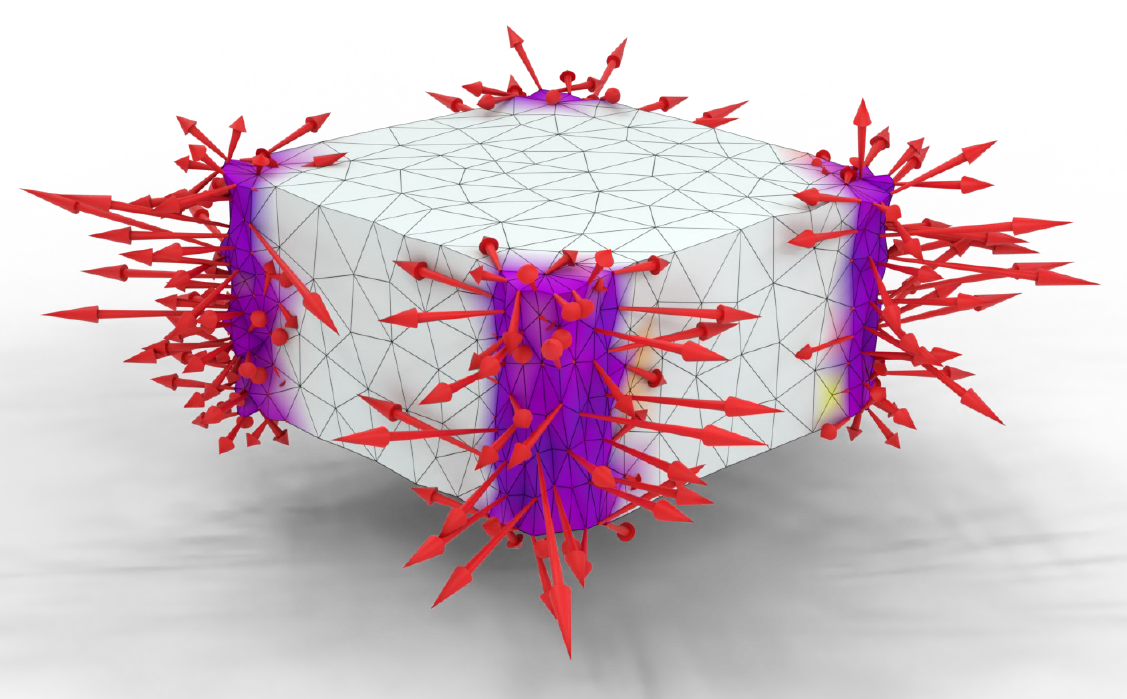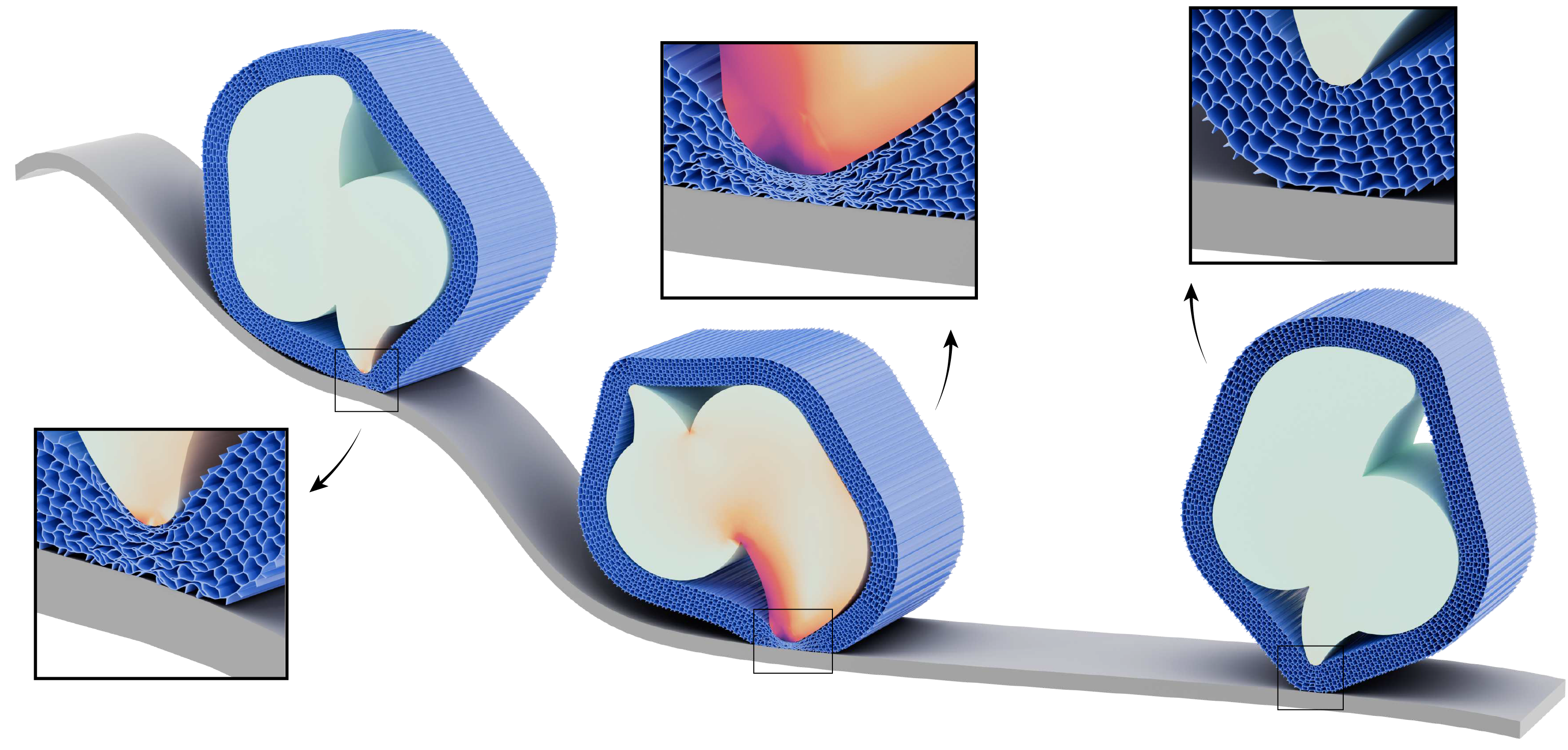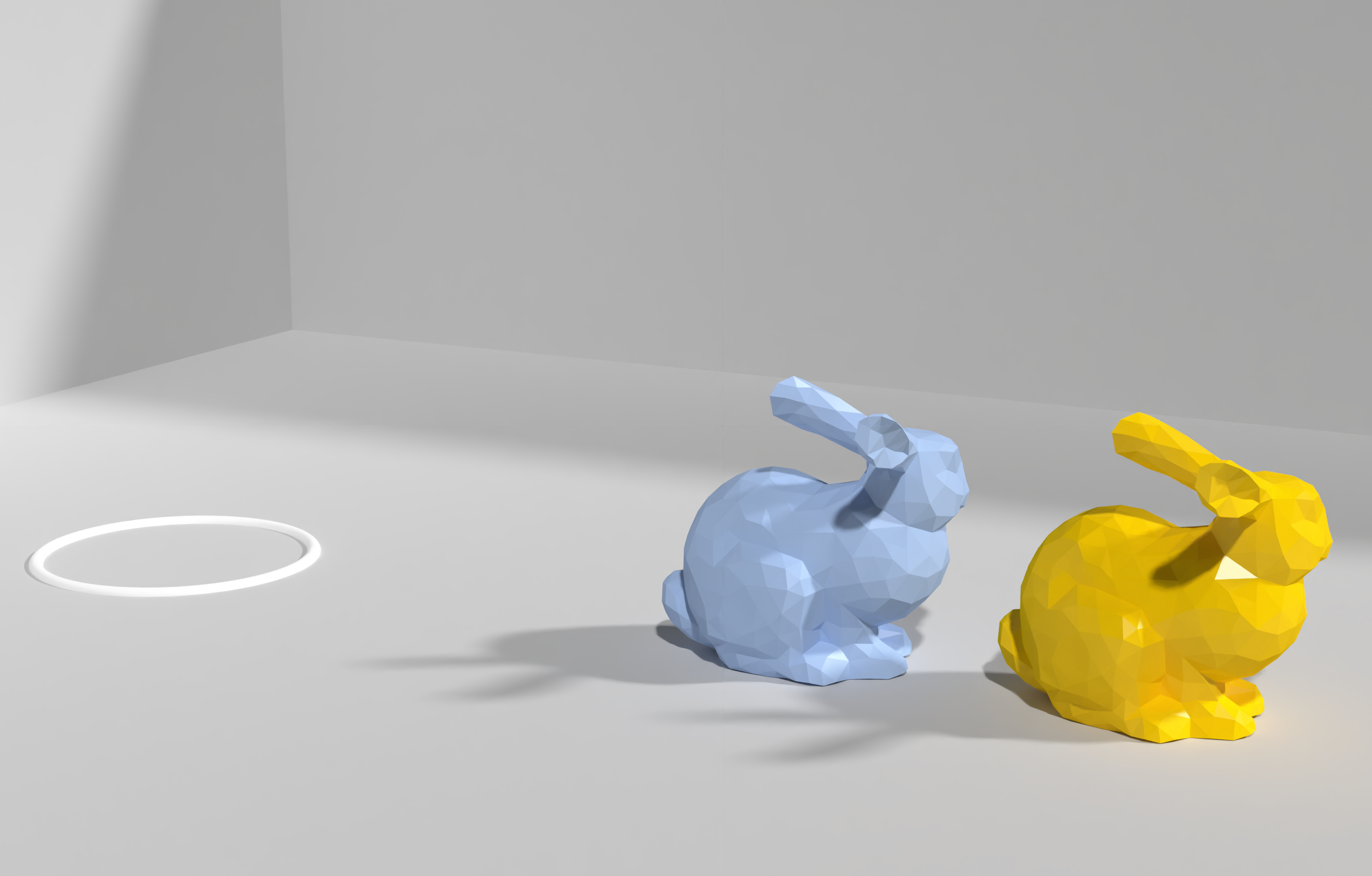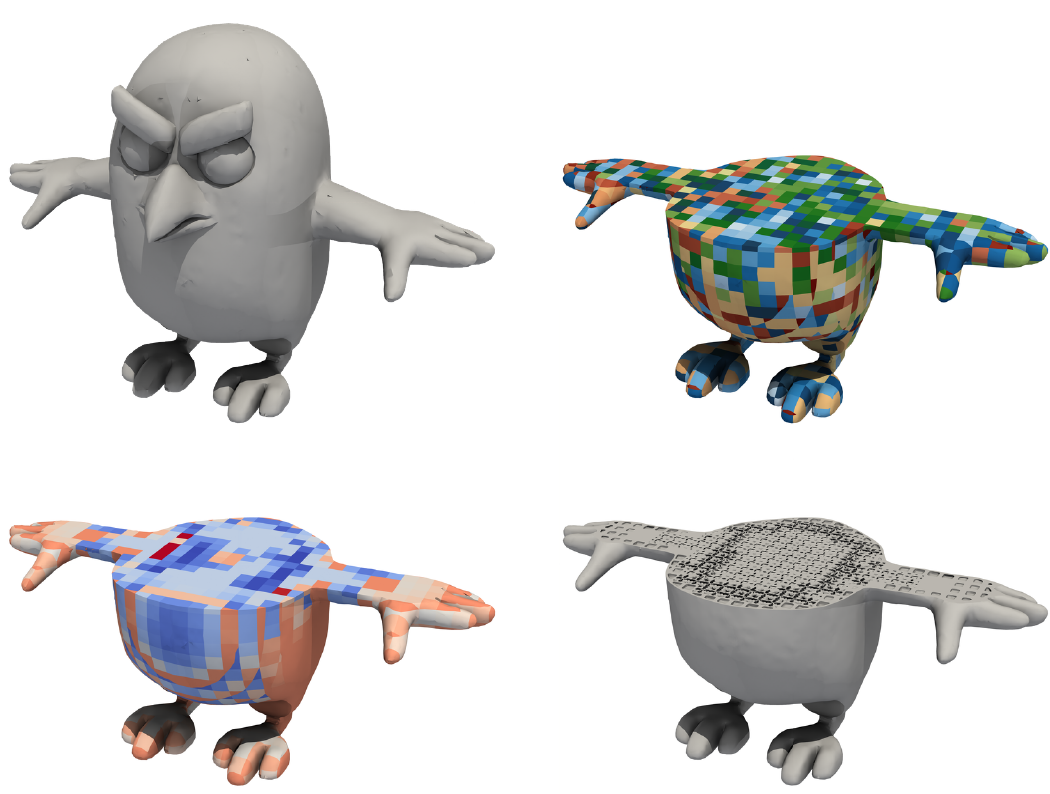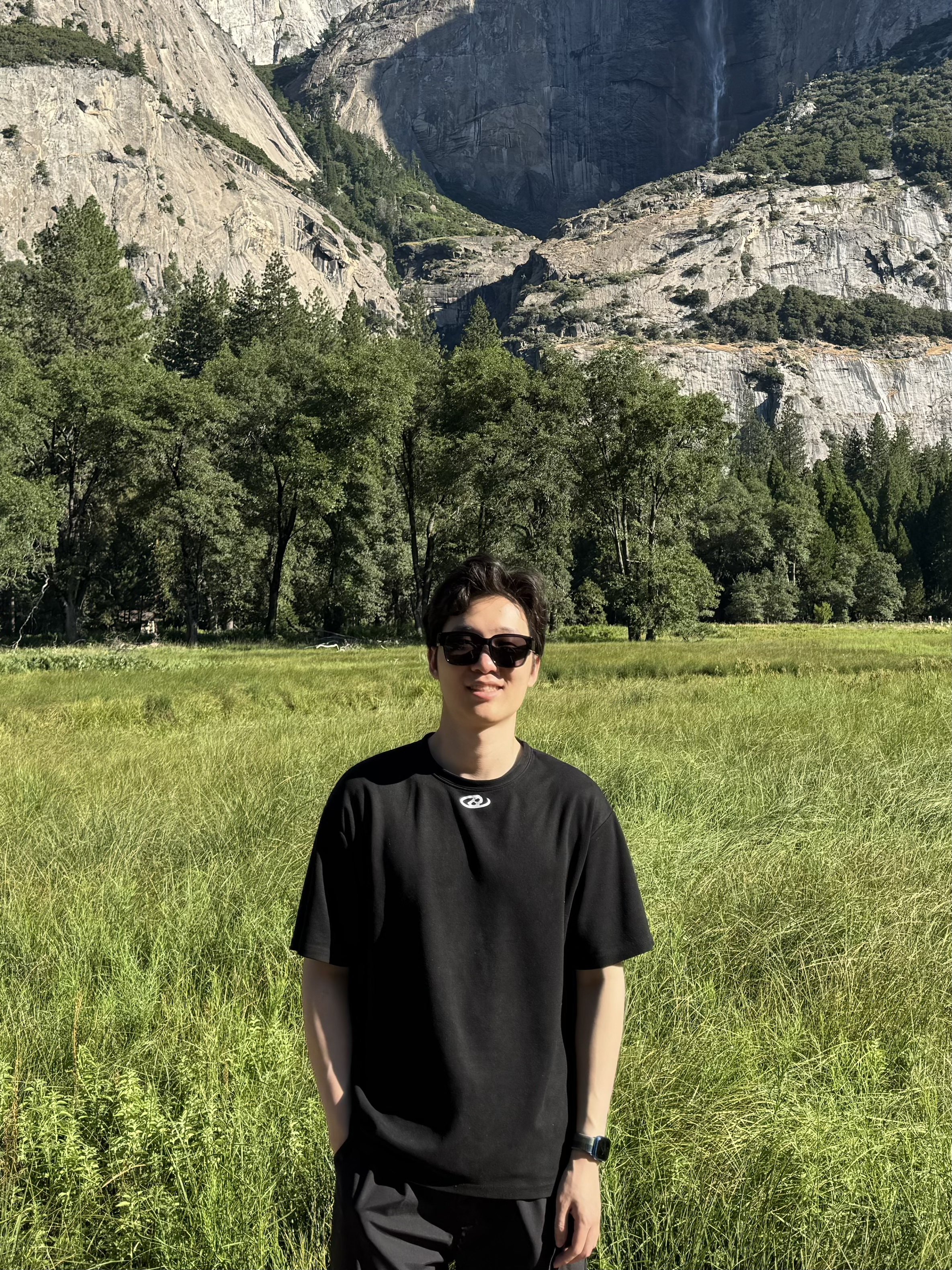
- Geometric Computing Lab
- Courant Institute of Mathematical Sciences
- New York University
- 60 5th Ave, Office 550
- New York, NY 10011
I have recently obtained my Ph.D. in Computer Science from Courant Institute of Mathematical Sciences, New York University. I am a member of the Geometric Computing Lab where I work with Professor Daniele Panozzo and Denis Zorin. My research focuses on physics simulations in Computer Graphics and optimization problems based on simulations. I received my Bachelor's degree in Applied Mathematics at University of Science and Technology of China in 2020.
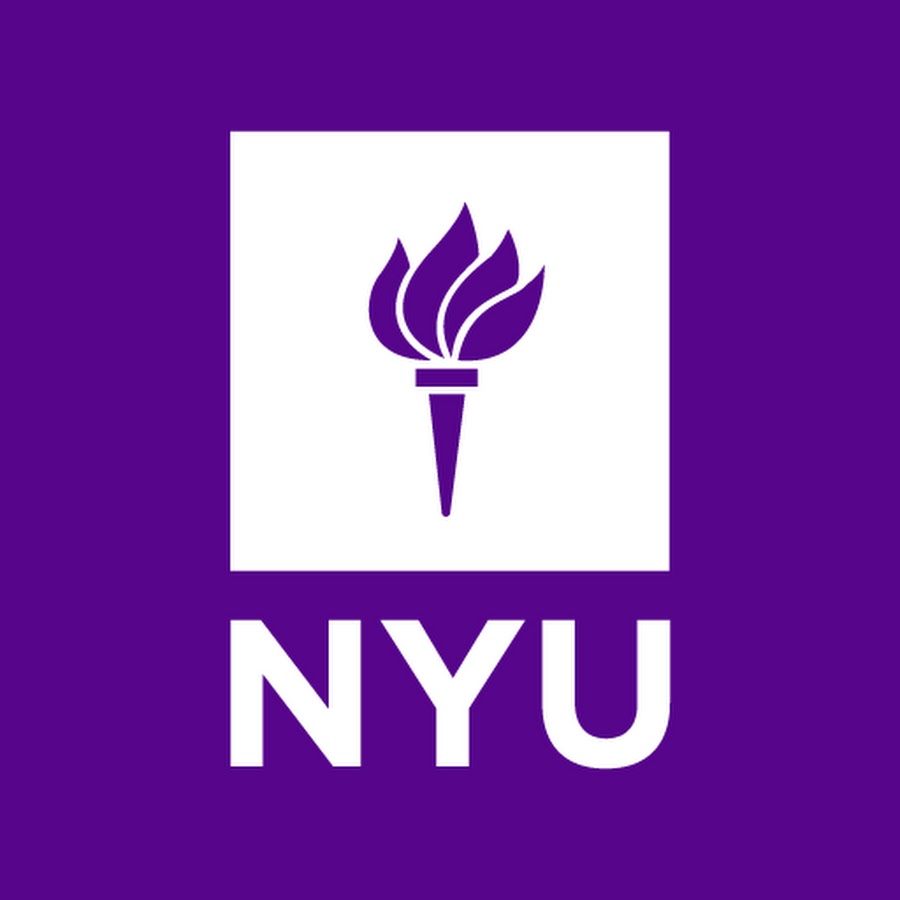
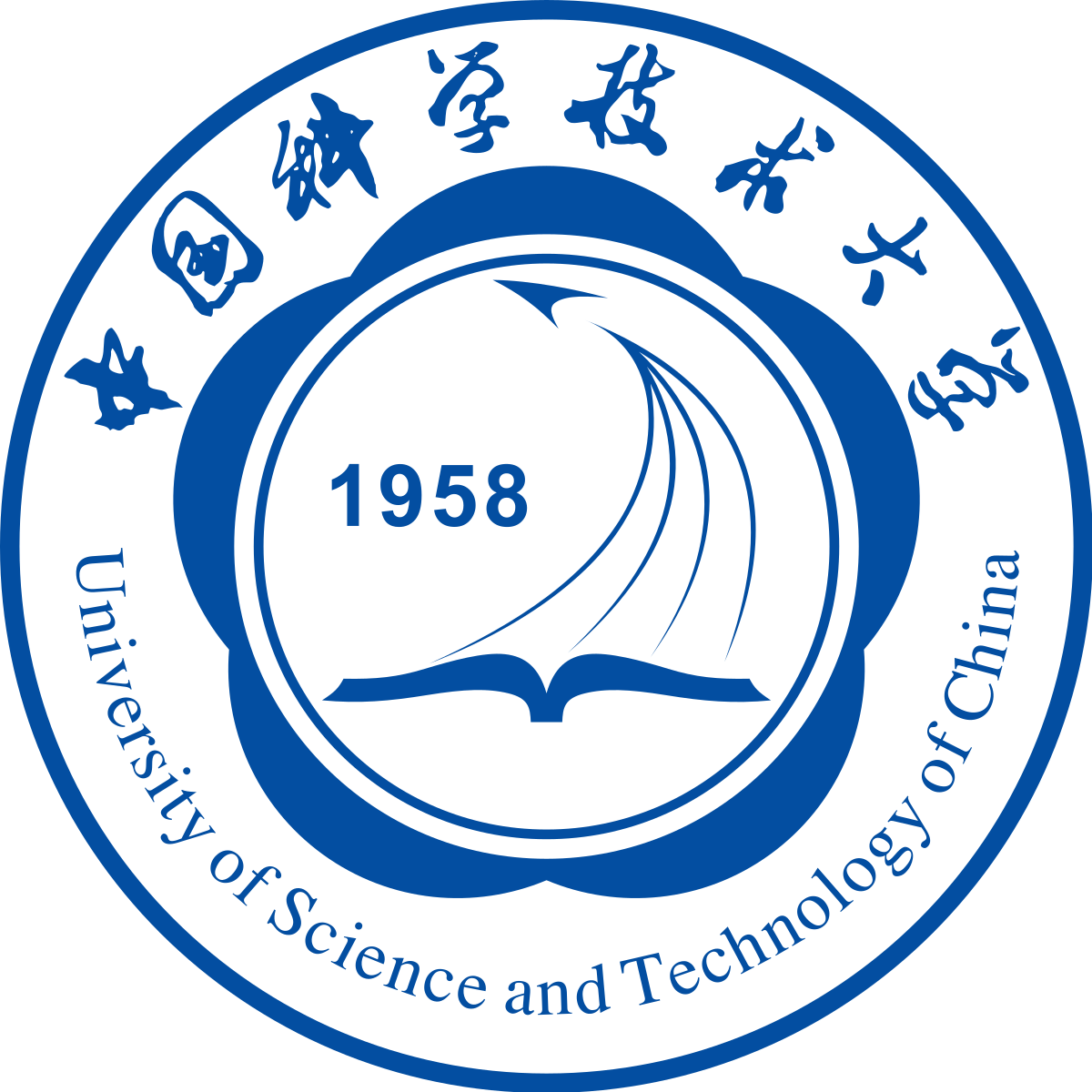
I have defended my thesis successfully today!
Four papers are accepted by Siggraph 2025!
One paper is accepted by Siggraph Asia 2024.
One paper is accepted by Siggraph 2024.
One paper is accepted by SGP 2024.
I'm joining the Avatar team at Roblox for a Research internship.
I'm joining the simulation team at NTop for a summer internship.
I started Ph.D. in Computer Science at New York University.
I received my Bachelor's degree in Applied Mathematics at USTC.
Honors Analysis of Algorithms, 2022
Computer Graphics, 2021
Multivariate Calculus, 2018



